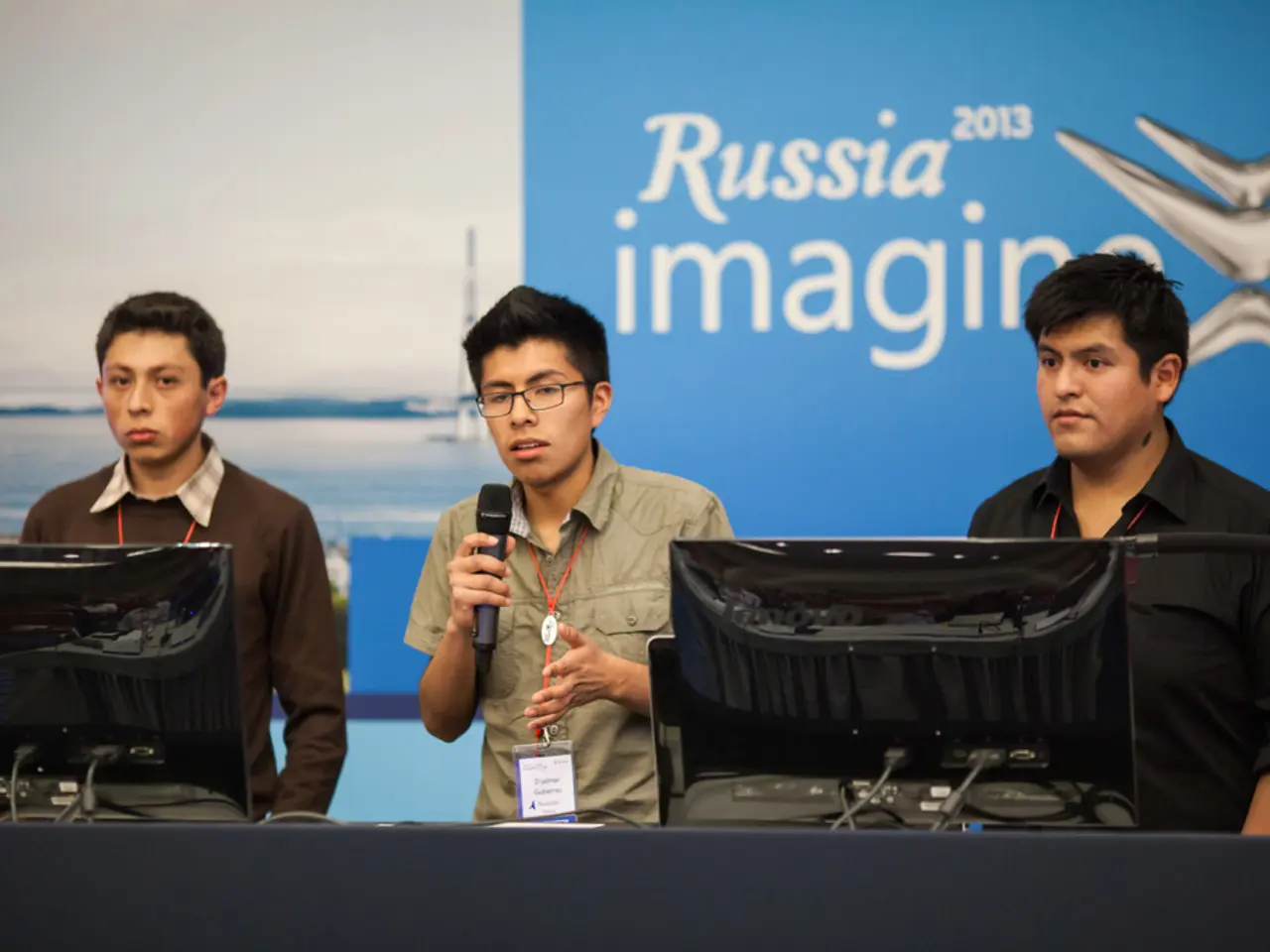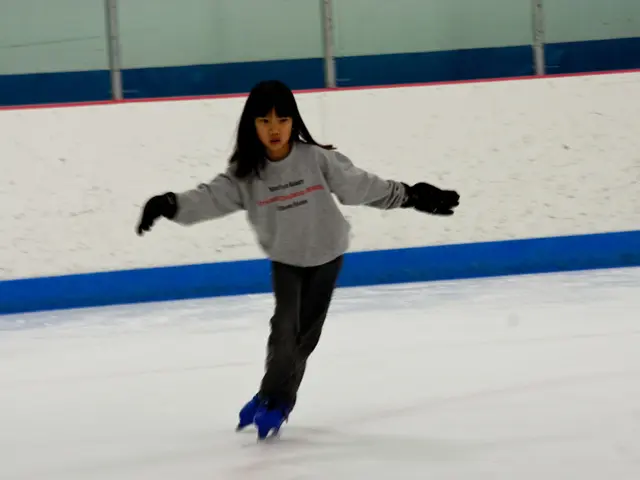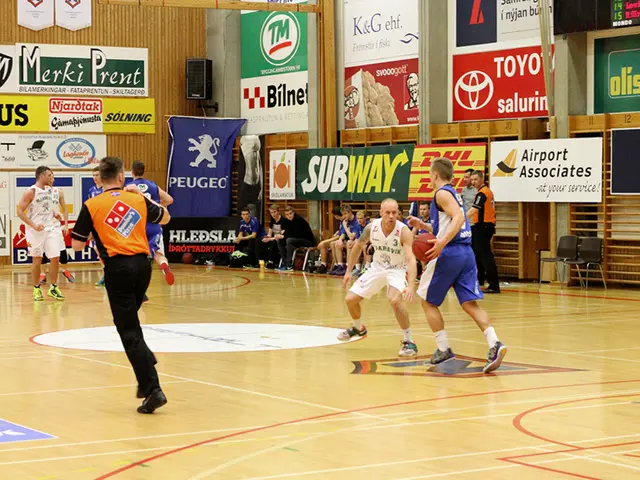U.S. initiatives praised by Lithuanian president; increased pressure urged on Russian government
In the ongoing conflict between Russia and Ukraine, Lithuania has expressed its readiness to contribute to the Coalition of the Willing, should the US provide security guarantees. This announcement comes as Lithuanian President Gitanas Nauseda welcomed President Trump's efforts to end Russia's war in Ukraine.
President Trump, in a recent statement, expressed his belief that a direct peace agreement would be the key to ending the war. Meanwhile, Zelensky is scheduled to meet with Trump in Washington on Monday, where they are expected to discuss various aspects of the conflict, including the form a possible Trump-Putin-Zelensky summit might take, the role of Kyiv's European allies in peace talks, territories, and security guarantees.
However, Trump ruled out an immediate ceasefire between Russia and Ukraine after his summit with Putin. This decision has prompted calls for tougher international sanctions against the Kremlin, with President Nauseda leading the charge. He emphasized that the killing of innocent civilians must stop before any peace negotiations can begin.
The proposed U.S. security guarantees for Ukraine focus on a layered approach rather than direct NATO membership or deployment of U.S. troops. Key proposed measures include civilian monitoring missions patrolling both sides of any line of occupation, if Russian troops remain on Ukrainian soil after a peace deal. These missions would be led by neutral, acceptable organizations to both Ukraine and Russia, such as the Organization of Turkic States or the Gulf Cooperation Council, to stabilize ceasefires and reduce conflict risk.
In contrast, NATO guarantees for Ukraine would typically involve full formal accession into NATO, which provides Article 5 collective defense guarantees—an obligation among NATO members that an attack on one is an attack on all, triggering mutual defense responses. Deployment of NATO forces on Ukrainian territory as a deterrent against aggression is also a part of these guarantees.
However, the U.S. proposed guarantees differ from NATO guarantees by not including Ukraine as a full NATO member or committing U.S. troops on the ground. Instead, they favor a multilayered, multilateral civilian monitoring and mediation role that provides some protection without the binding military alliance obligations of NATO membership.
Foreign Minister Kestutis Budrys has also called for keeping pressure on Russia and suggested preparing the 19th EU sanctions package, increasing military support to Ukraine, speeding up the EU path, and defending international law. Transatlantic unity remains crucially important, according to Minister Budrys.
British Prime Minister Keir Starmer, French President Emmanuel Macron, German Chancellor Friedrich Merz, NATO Secretary General Mark Rutte, and European Commission president Ursula von der Leyen later joined a call with Trump and Zelensky. After the summit, Trump spoke with Ukrainian president Volodymyr Zelensky, as per the White House.
As peace efforts continue, the international community remains hopeful for a resolution to the conflict in Ukraine.
Read also:
- United States tariffs pose a threat to India, necessitating the recruitment of adept negotiators or strategists, similar to those who had influenced Trump's decisions.
- Weekly happenings in the German Federal Parliament (Bundestag)
- Southwest region's most popular posts, accompanied by an inquiry:
- Discussion between Putin and Trump in Alaska could potentially overshadow Ukraine's concerns








